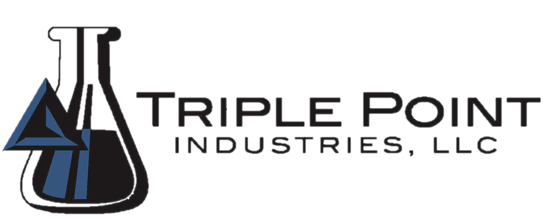CORROSION INHIBITORS
Corrosion inhibitors play a crucial role in water treatment by helping to prevent or reduce the corrosion of metal components and infrastructure in various water systems. Corrosion inhibitors can be classified into different categories based on their mode of action within the corrosion process. The two primary categories are anodic and cathodic inhibitors, and there are also mixed inhibitors that exhibit characteristics of both. When cathodic and anodic corrosion inhibitors are both present in a chemical treatment, it often establishes improved protection and less inhibitor concentration. Overall, the choice of corrosion inhibitor type and formulation depends on factors such as the specific metals involved, environmental conditions, and the nature of the corrosive agents. Proper selection and application of inhibitors are essential to achieve effective corrosion protection and extend the lifespan of metal components and infrastructure.
Here are some key uses and benefits of corrosion inhibitors in water treatment:
Protecting the infrastructure
Prevent leaks and cracks in metal pipes
Maintain water quality
Reduce maintenance costs
Increase equipment efficiency
